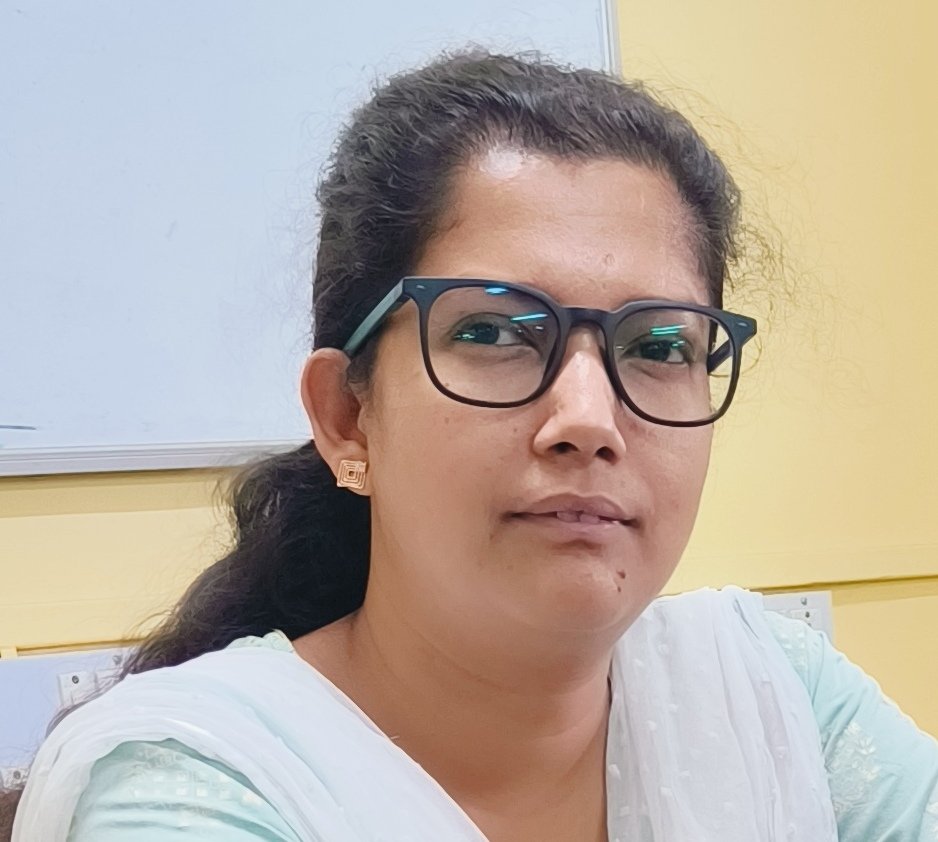Admission 2024
Information technology as a specialized sub-domain of computers science focuses on the application of the acquired computer science concepts. It mainly deals with the application of computer systems for storing, studying, transmitting, and manipulating available data or information.
Since its inception the department has been recognized for excellence in research and teaching. The department has a thriving research environment with active with active research groups in the areas of Artificial Intelligence, Bioinformatics, Complex and Social Networks, Data and Web Mining, and software Engineering. Graduates from the department are frequently recruited by both academia and industry, and ex-students of the department occupy top positions in both
academia and industry all over the world.

It gives me immense pleasure to present and welcome you to the Department of Information Technology at Gurunanak Institute of Technology. The department was founded in 2007 with a visionary goal to nurture individuals who innovate creative technological solutions. The department has a team of highly experienced and motivated faculty members who are in process of tuning the young minds to make them globally competitive. We strive to train our students by conducting Industry training, seminar and workshop by the industry experts on the current trends and technologies. Our department has signed MOU with many eminent companies such as Globsyn technology, Euphoria genX etc. Beside that we also encourage our students for higher studies and provide proper guidance for selection in various National level examination. We received grant from Department of Science Technology and Bio technology (DSTBT) under the Government of West Bengal for conducting 2 days seminar on Recent Trends in Image Processing. We have some clubs of Cyber security, Robotics, Machine learning etc. for enhancing confidence, critical thinking, and technical skills of our students and they won prizes from National and International level of Hackathon and different professional coding competitions. Moreover, students from the department have authored research papers in various renowned national and international journals as well as presented their research findings in seminars, conference and workshops under the guidance of faculty members. Furthermore we also prioritize the holistic development of students through both extra-curricular and co-curricular activities. Alongside nurturing technical expertise, our department periodically publishes newsletters and magazines to encourage creative endeavors among students. In our department we maintain strong bonding with our alumni and present students. Our Alumni are playing vital roles in IT industry. Some are involved as scientist of NASA.
"Eighty nine percent of students say services helps them feel like they belong at GNIT"